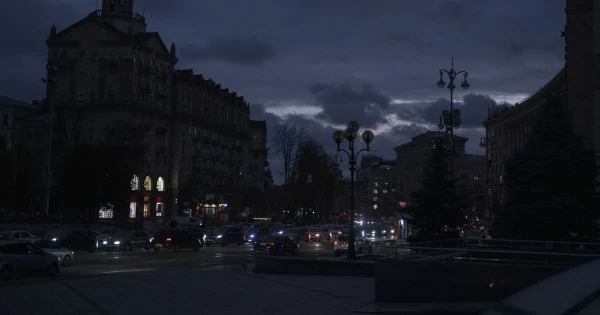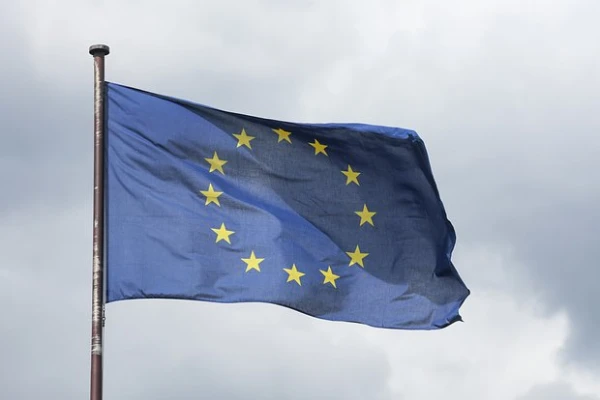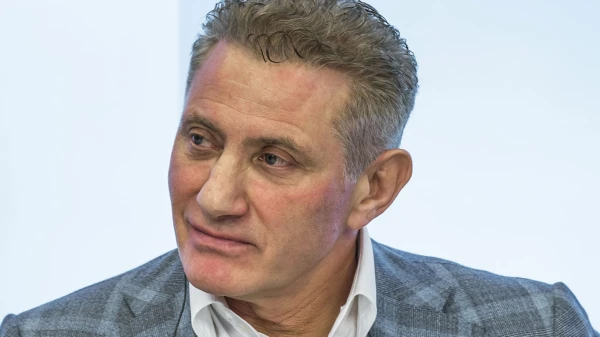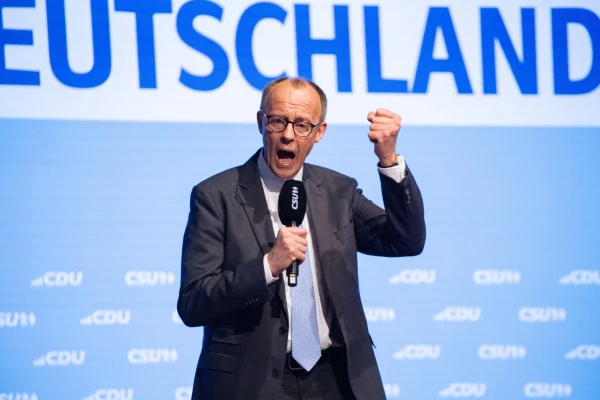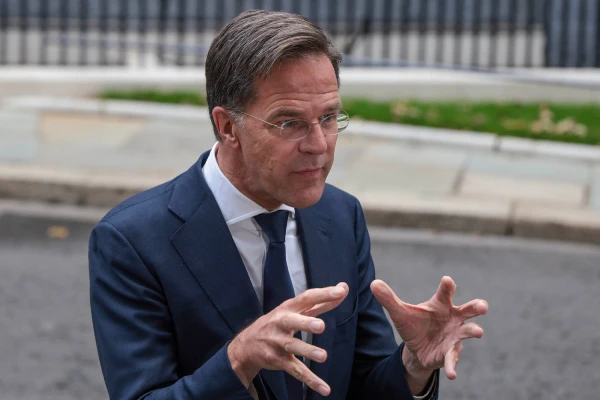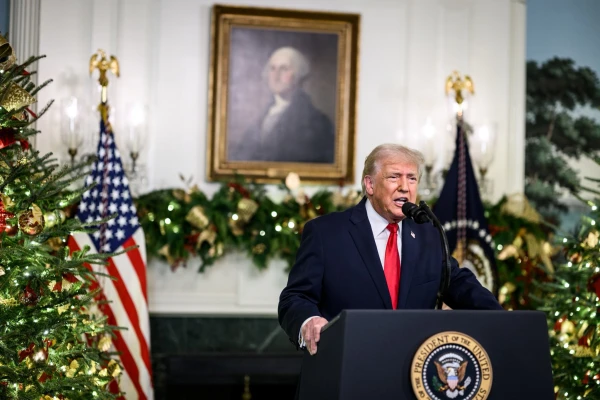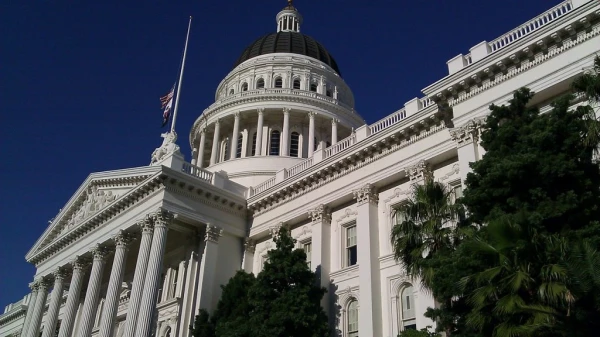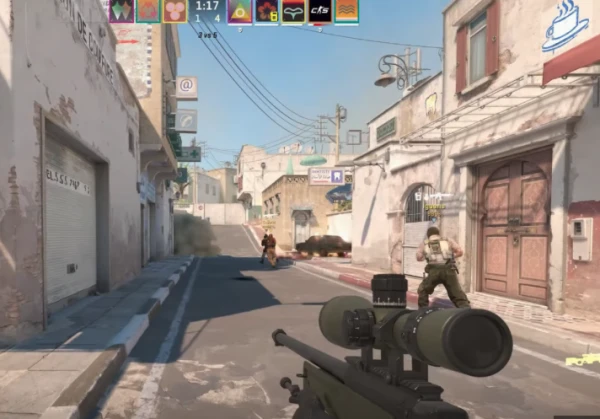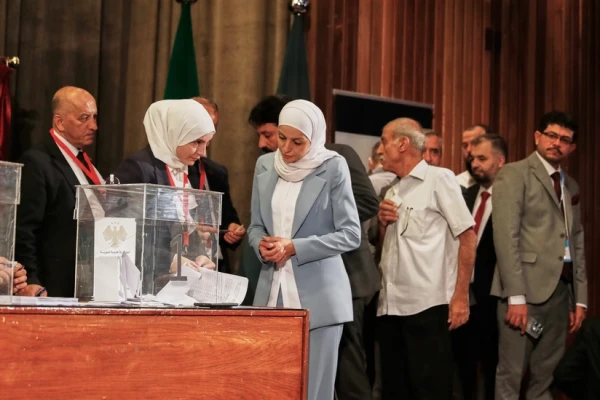
Syria held its first parliamentary elections after the overthrow of Assad. They were not direct - members of the electoral college voted. Additionally, for "security reasons," elections were not held in 3 of the 14 provinces of the country.
For the first time since the overthrow of President Bashar Assad, parliamentary elections were held in Syria. Voting took place on Sunday, October 5, and the results will be available only in one or two days.
A total of 210 deputies will enter the unicameral People's Council of Syria, elected for 30 months with the possibility of extension. One-third of them will be appointed by President Ahmed Ash-Sharaa, who took office in January 2025 for the duration of the country's transitional government. The remaining deputies will be determined by regional committees formed by the electoral college appointed by Ash-Sharaa.
At the same time, 32 deputy seats will remain vacant, designated for representatives of the southern province of As-Suwayda, where clashes occurred in July between Druze and Bedouins, as well as the northeastern province of Al-Hasakah and northern Raqqa, which are partially controlled by the Kurdish Syrian Democratic Forces (SDF). According to statements from the transitional government, elections in three of the 14 provinces of the country were postponed for security reasons.
Deputies in Syria Are Not Elected by Direct Elections
A total of 1,578 people registered to participate in the elections, with only 14 percent of the candidates being women. Among the requirements for them is not to be "supporters of the previous regime" of Assad, as well as not to support any separatist ideas.
In September, Ash-Sharaa stated that at the moment, conducting direct elections is impossible. Among the reasons are the high number of internally displaced persons and Syrians living abroad who do not have valid documents. Therefore, committees and electoral colleges voted, which is why the first elections in Syria after the overthrow of Assad's regime are referred to as "indirect."
This format of elections has drawn sharp criticism from some Syrians, who believe that the electoral process is tightly controlled and represents a superficial farce. At the same time, a recent survey conducted by the Arab Center for Political Research, based in Qatar, from mid-July to mid-August showed that 57 percent of nearly 4,000 surveyed Syrians consider the current political situation to be positive.
